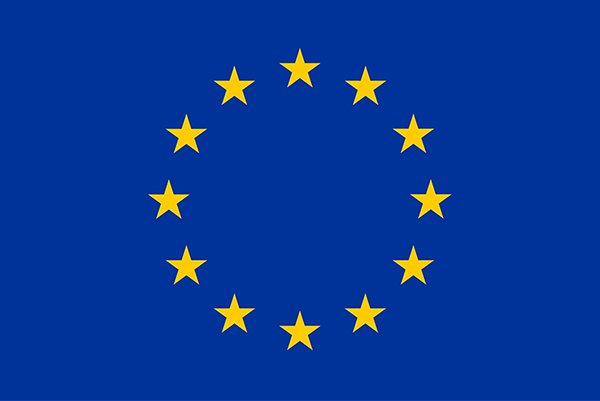

GIS Research UK 2023
Using Machine Learning to Predict Perceptions of a Motorbike Ban in Hanoi
Nick Malleson, et al.
Professor of Spatial Science, School of Geography, University of Leeds
These slides: www.nickmalleson.co.uk/presentations.html
This work has received funding from the British Academy under the Urban Infrastructures of Well-Being programme [grant number UWB190190].
Co-authors
Lex Comber, Kristina Bratkova, Phe Hoang Huu, Minh Kieu, Thanh Bui Quang, Hang Nguyen Thi Thuy, and Eric Wanjau
University of Leeds; University of Auckland; Vietnam National University; R&D Consultants
Full paper
Kieu, M., E. Wanjau, A. Comber, K. Bratkova, H. N. T. Thuy, T. B. Quang, P. H. Huu, N. Malleson (2023). Factors affecting perceptions in transport – A deep dive into the motorbike ban in Hanoi, Vietnam. Case Studies on Transport Policy 11: 100958. DOI: 10.1016/j.cstp.2023.100958

Context
Transport in Há Nội
City (8M people) growing faster than transport infrastructure
Motorbikes have replaced bicycles
"almost constant buzzing and honking" (Hansen, 2022)
2nd most polluted city in South East Asia in 2018 (Huu et al., 2021).
Serious issues of congestion and pollution
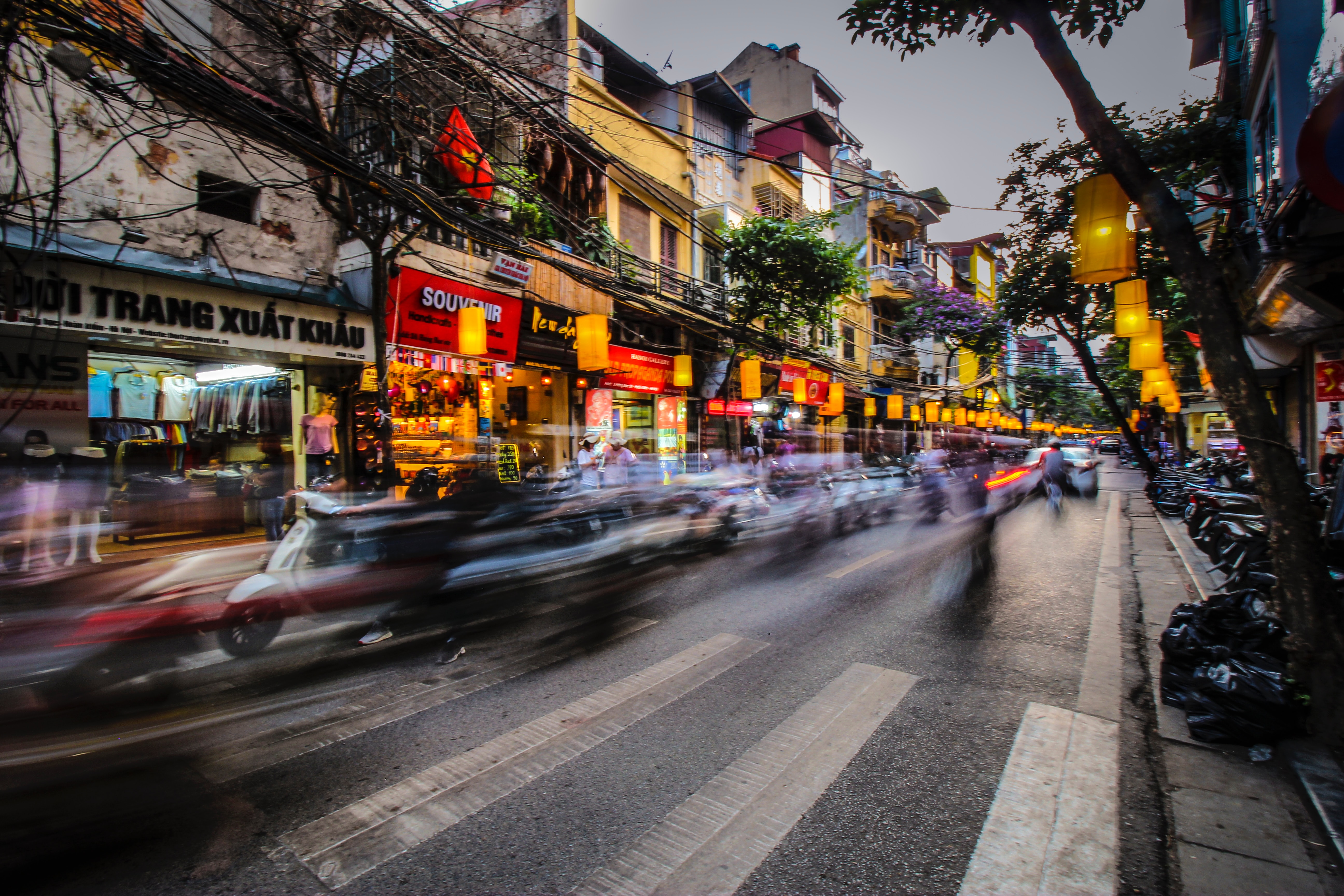
Motorbike Ban
Potential policy to reduce congestion & pollution
But motorbikes are "absolutely vital" (Hansen, 2022) for residents
Ban risks "mobility injustice" (Turner, 2020) or inadvertently increasing car use (Van et al., 2009)
UTM-HANOI
Urban Transport Modelling for Sustainable Well-Being in Hanoi
2+ year project funded by the British Academy (finished in Dec 2022)
Aim: new data collection and analysis/modelling to inform transport policy
Project website: https://urban-analytics.github.io/UTM-Hanoi
Bespoke travel survey
~30,000 responses
Ask about demographics, travel behaviour (main journeys), (aspirational) vehicle ownership, potential motorbike ban.
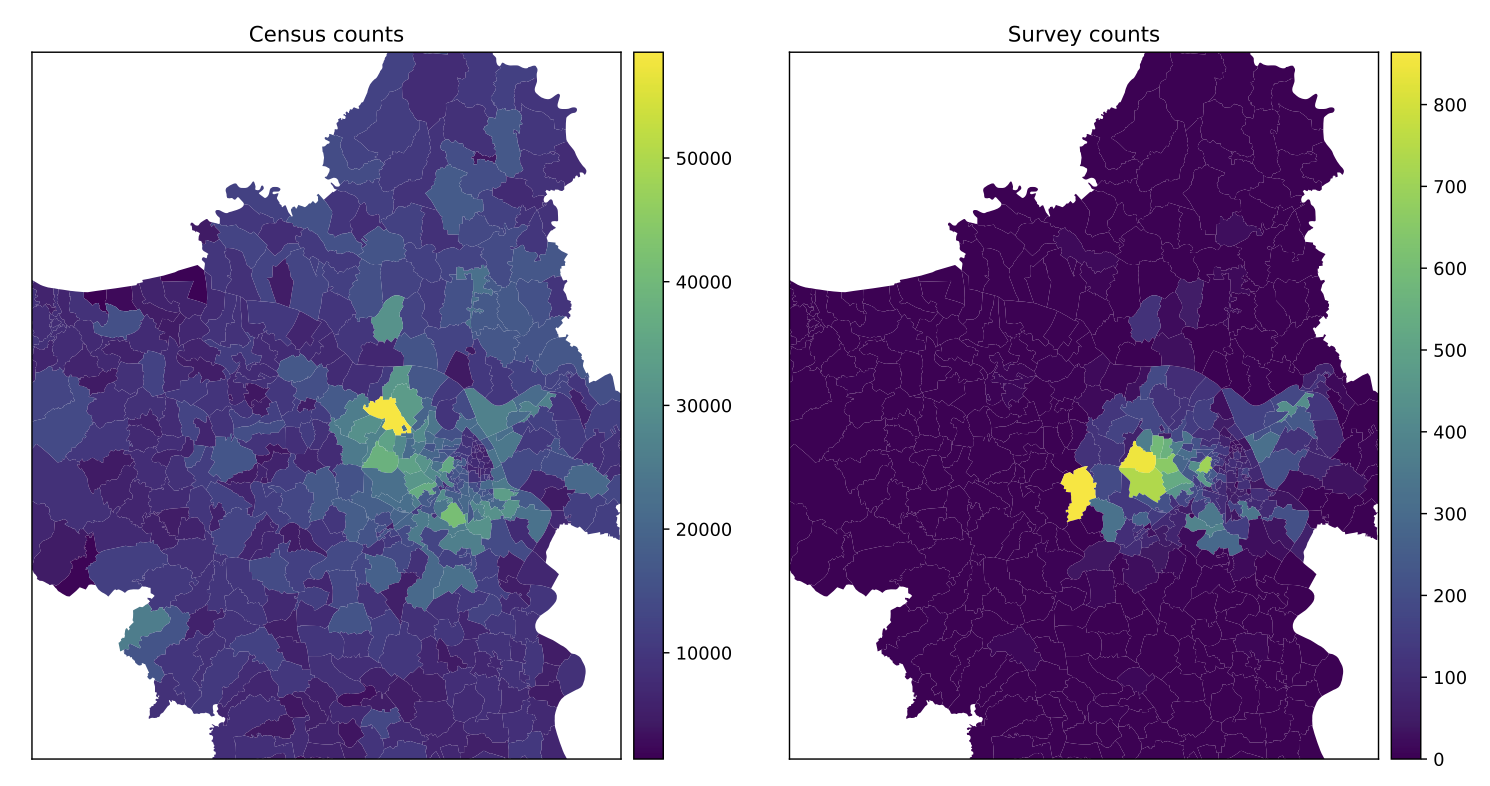
Aims & Method
Develop ML model (XGBoost decision tree classification) to:
Predict how sentiment towards the ban might change if:
People better informed about the ban
Public transport more readily available
Find characteristics of respondents most strongly associated with positive/negative opinion of the ban (feature importance; not discussed here)
Inputs: responses to the survey
Output: probability of 'accepting' the ban
70% data used for training
Aims & Method
Cannot adjust parameters to make predictions (non-parametric)
To simulate changes:
Systematically modify testing dataset to simulate a change in one particular variable
All other variables constant
Use trained XGBoost model to make predictions on the simulated data
Compare output before/after change
Results (i)
What happens if more people become aware of the ban?
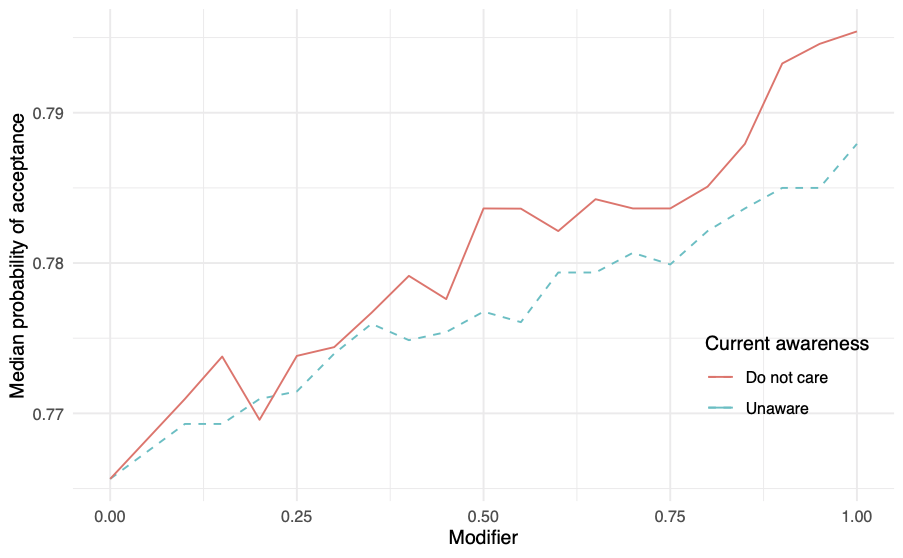
Results (ii)
What happens if the distance to public transport is reduced?
Change percentage: change of someone being chosen
Modifier: multiplies distance to nearest transport
As distance to public transport increases, the probability of accepting the ban decreases.
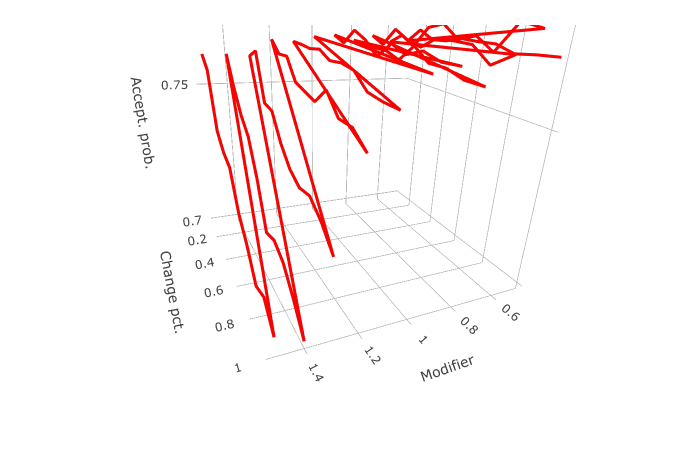
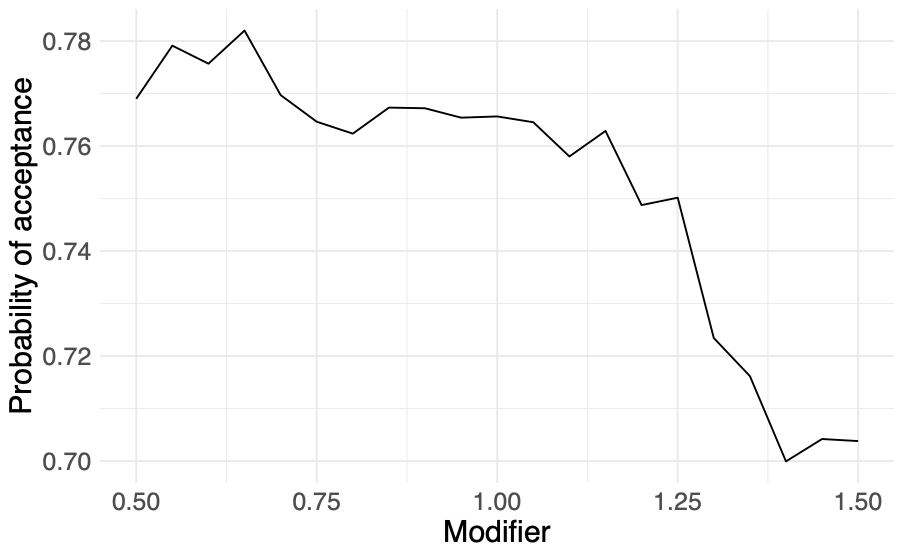


Summary / Conclusions
UTM-Hanoi
Large (N=~30,000) household travel survey
XGBoost to explore propensity to support a motorbike ban
Policy implications to improve acceptance of a ban:
Positive public awareness campaigns (seems obvious, but not necessarily)
Decrease distance to public transport (or, at least, don't allow it to increase


GIS Research UK 2023
Using Machine Learning to Predict Perceptions of a Motorbike Ban in Hanoi
Nick Malleson, et al.
Professor of Spatial Science, School of Geography, University of Leeds
These slides: www.nickmalleson.co.uk/presentations.html
This work has received funding from the British Academy under the Urban Infrastructures of Well-Being programme [grant number UWB190190].